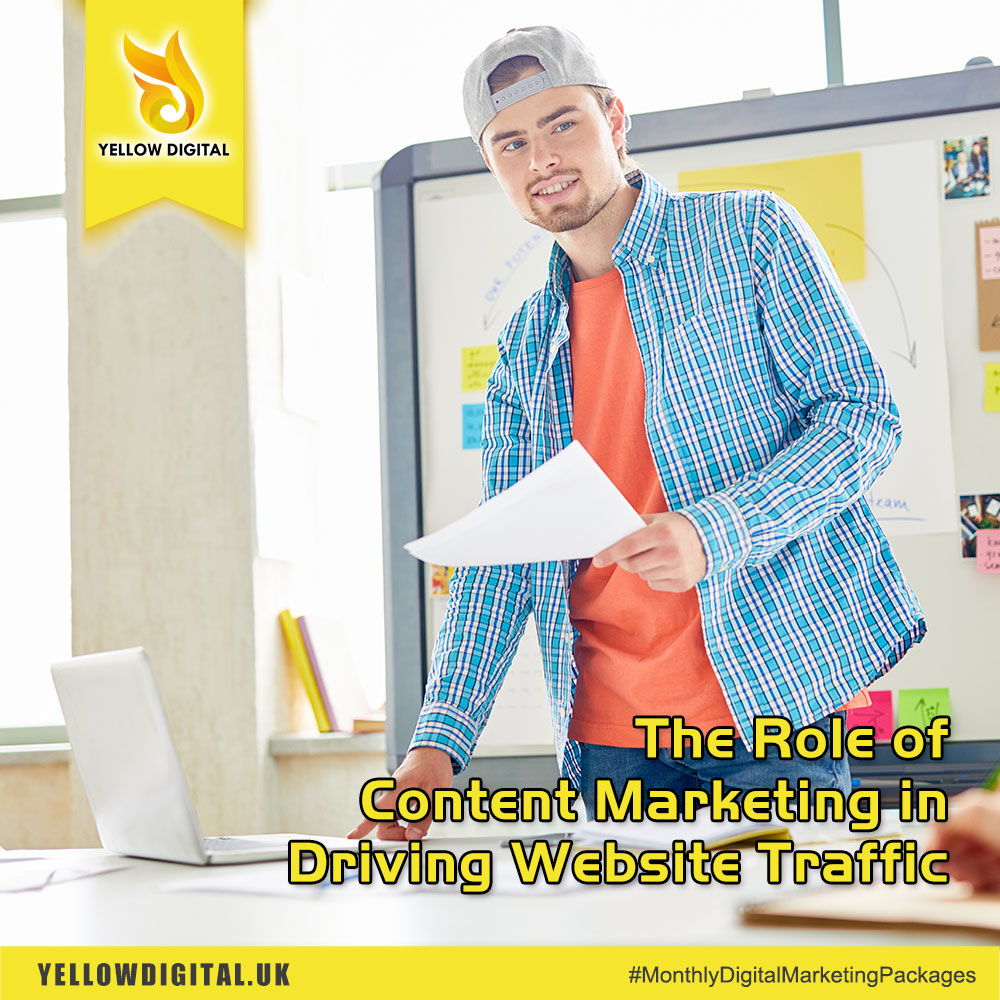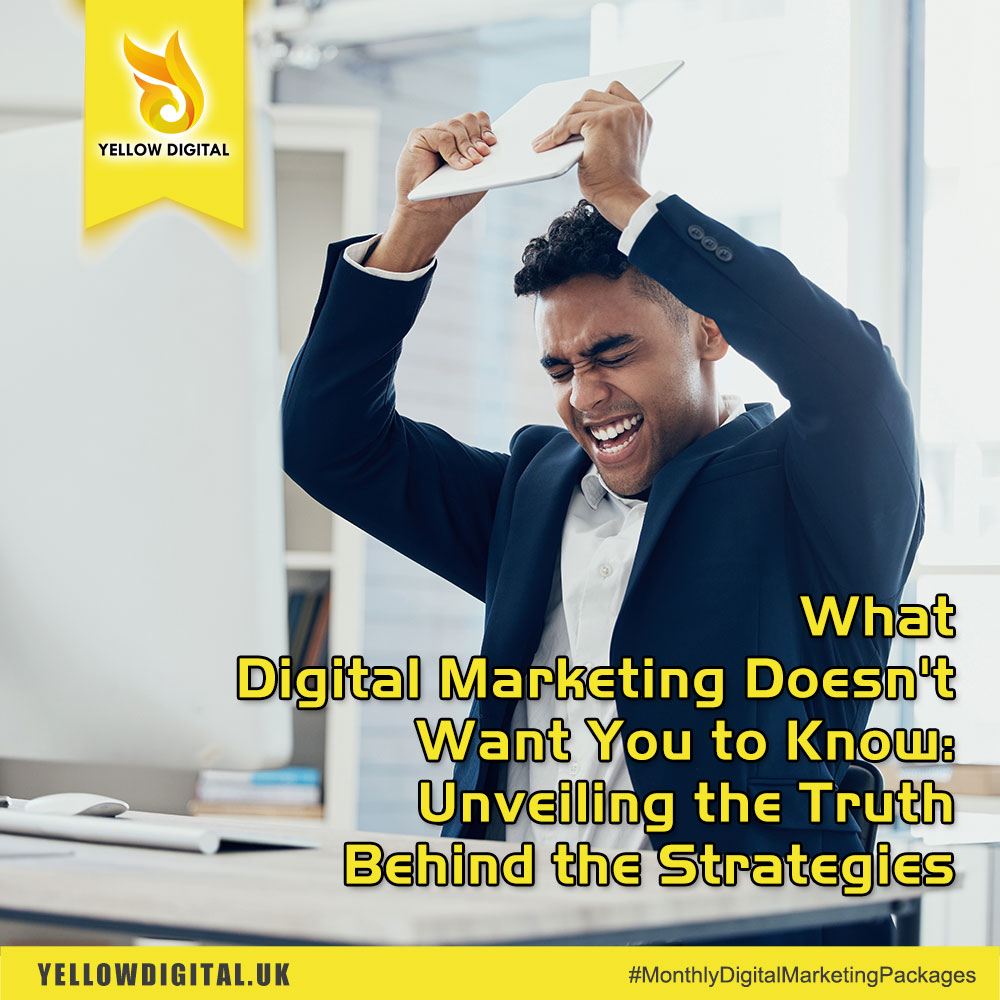About Content Marketing
In today’s digital landscape, a strong online presence is crucial for businesses aiming to succeed and thrive. A key element of this online presence is driving traffic to your website. While various strategies exist to achieve this goal, one of the most effective and sustainable methods is content marketing. Content marketing involves creating and distributing valuable, relevant, and consistent content to attract and engage a target audience. In this article, we’ll delve into the pivotal role that content marketing plays in driving website traffic and explore how businesses can harness its power.
1. Quality Content as a Magnet
At the core of content marketing is high-quality, relevant content that resonates with your target audience. When you provide valuable insights, information, or entertainment through your content, you position yourself as an authority in your industry. This encourages visitors to return to your website for more, creating a loyal readership base.
2. Search Engine Optimization (SEO)
Search engines, such as Google, reward websites with high-quality, relevant content by ranking them higher in search results. By optimizing your content with relevant keywords, meta tags, and internal linking, you can improve your website’s visibility and attract organic traffic. Over time, this can lead to a steady flow of visitors who are actively searching for the products or services you offer.
3. Driving Social Media Engagement
Compelling content is highly shareable, making it an ideal fit for social media platforms. When users find your content valuable or entertaining, they are likely to share it with their network, increasing your brand’s reach. Social media shares can lead to a snowball effect, where more people discover your content and visit your website.
4. Establishing Thought Leadership
Content marketing allows you to showcase your expertise and thought leadership in your industry. By creating in-depth articles, guides, and tutorials, you demonstrate your knowledge and build trust with your audience. As users recognize your authority, they are more inclined to visit your website for insights and solutions.
5. Email Marketing Integration
Content marketing and email marketing go hand in hand. By offering valuable content in exchange for email subscriptions, you can build a mailing list of engaged users. Sending regular newsletters with links to your latest blog posts or articles encourages recipients to visit your website, boosting traffic and engagement.
6. Guest Blogging and Backlinks
Collaborating with other websites through guest blogging provides an opportunity to showcase your expertise to a new audience. When you contribute high-quality content to reputable websites, you can include backlinks to your own site. These backlinks not only drive referral traffic but also contribute to your website’s SEO.
7. Long-Term Results and Evergreen Content
Unlike some other marketing strategies, content marketing offers long-term benefits. Evergreen content, which remains relevant and valuable over time, continues to attract traffic for months or even years after its initial publication. This cumulative effect can lead to a significant increase in website traffic over time.
8. Diversifying Content Types
Content marketing encompasses a wide range of formats, including blog posts, infographics, videos, podcasts, and more. Diversifying your content types allows you to cater to different audience preferences and reach a broader demographic. A mix of content types keeps your website engaging and encourages repeat visits.
9. Addressing Customer Needs
Content marketing allows you to address common questions, concerns, and pain points that your target audience may have. By providing solutions and insights, you position your website as a valuable resource. When users find answers on your site, they are more likely to return for future information needs.
10. Data-Driven Refinement
Content marketing is not a static strategy. By analyzing website analytics and user behavior, you can gain insights into which types of content resonate the most with your audience. This data-driven approach enables you to refine your content strategy over time, optimizing for better results.
In conclusion, content marketing is a potent tool for driving website traffic and achieving sustainable growth. By consistently creating valuable, relevant content, businesses can establish thought leadership, enhance SEO, engage with their audience on social media, and build a loyal readership. As the digital landscape continues to evolve, content marketing remains a cornerstone strategy for businesses seeking to thrive in the online realm.
#ContentMarketing




